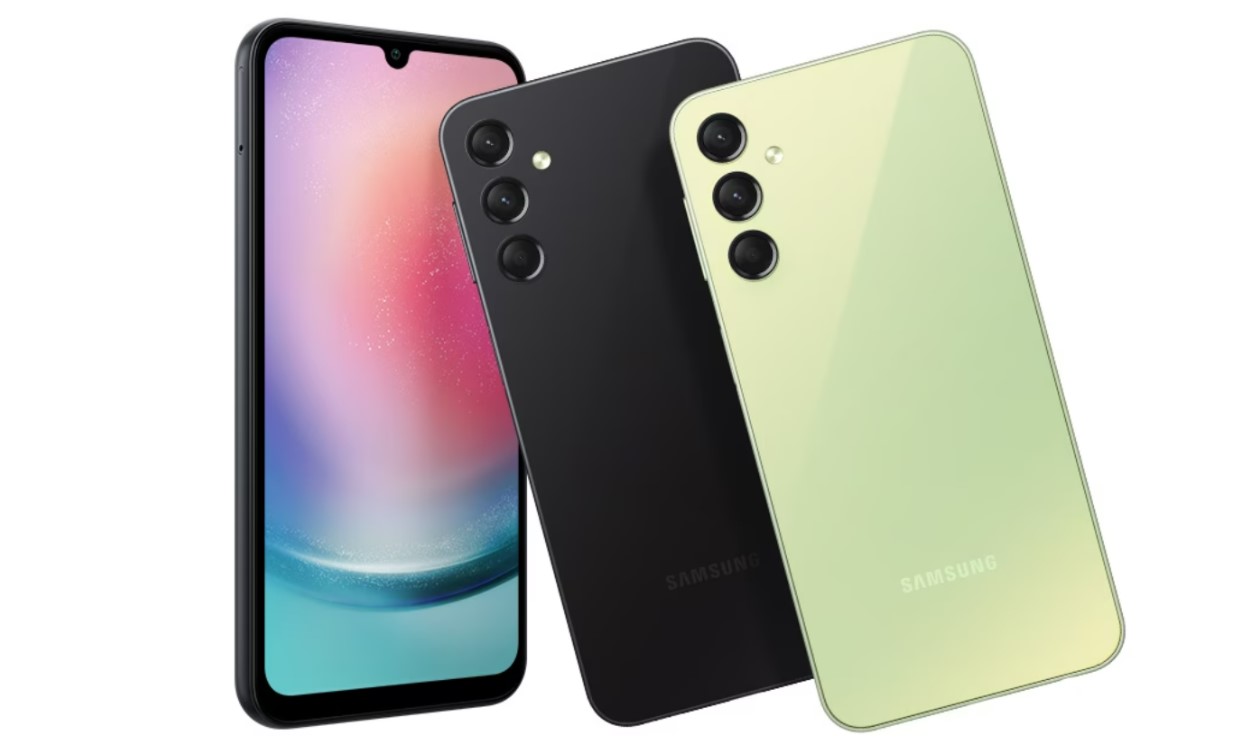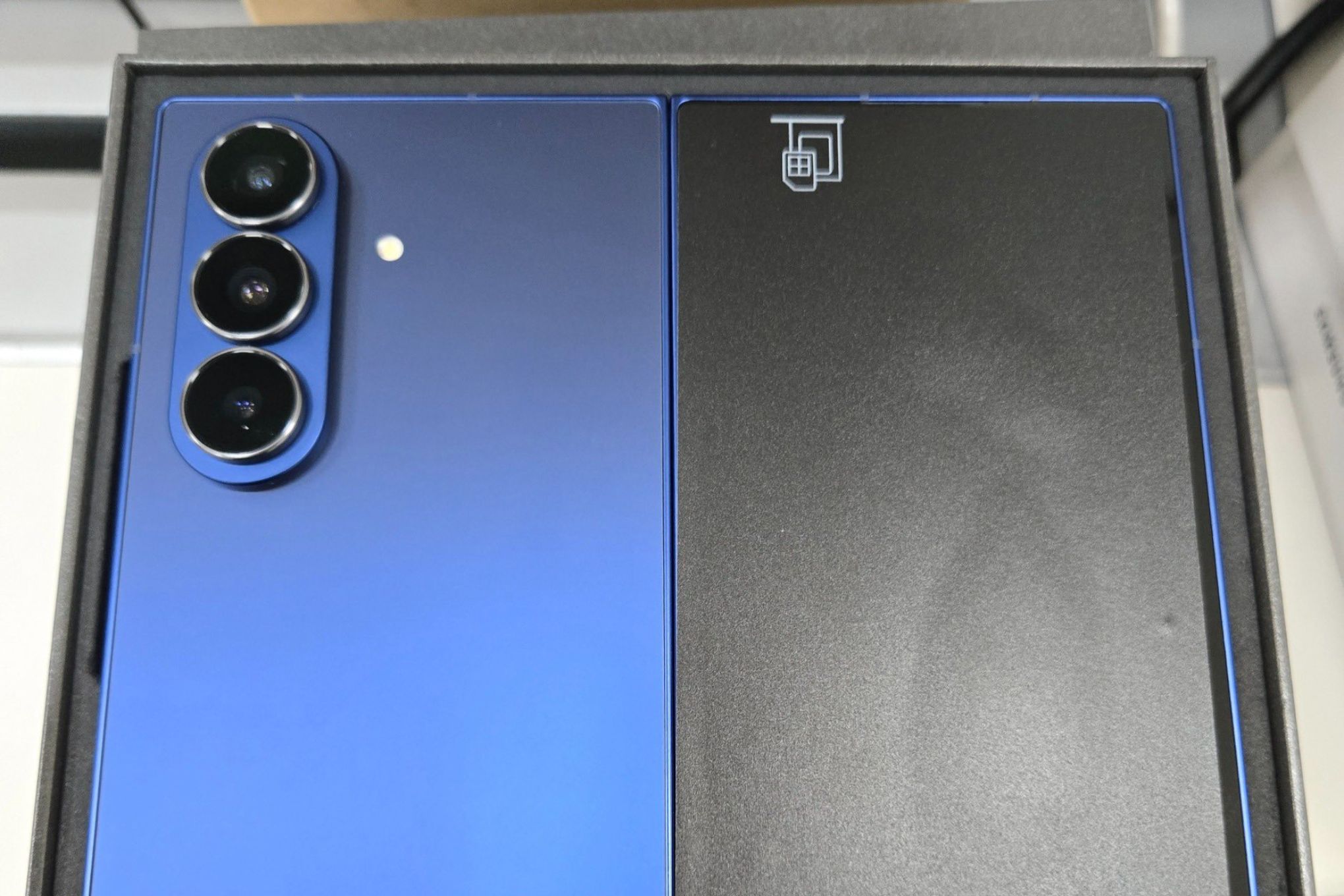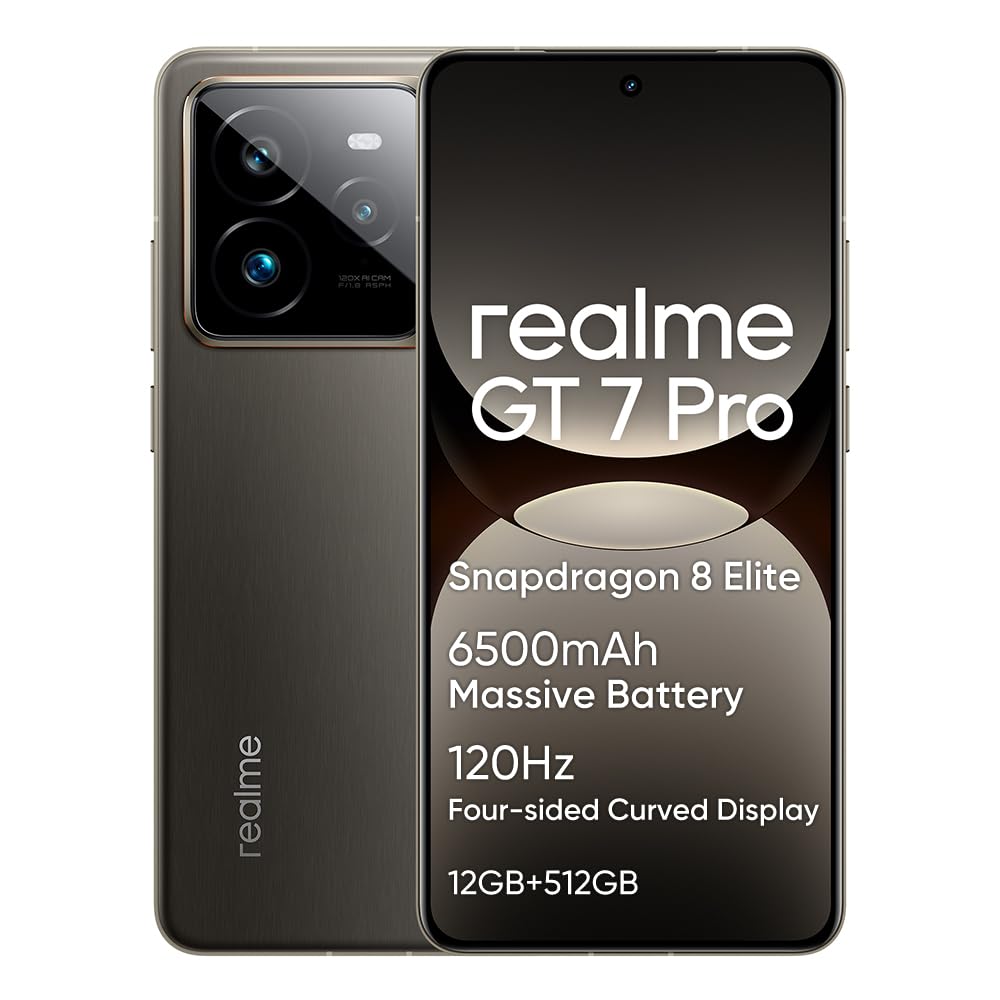Best Smartphones Under 3 Million Rupiah in 2025
Affordable yet powerful options for budget-conscious consumers
In today’s rapidly evolving smartphone market, finding a device that offers great performance without breaking the bank has become increasingly possible. The 3 million rupiah price range (approximately $200 USD) has become highly competitive, with manufacturers packing impressive features into affordable packages. This article explores three standout smartphones in this price segment, comparing their specifications, performance, and value proposition to help you make an informed decision based on your specific needs.

Xiaomi Redmi Note 13 5G
The Redmi Note 13 5G continues Xiaomi’s tradition of offering excellent value with powerful specifications and a versatile camera system, making it a compelling choice for budget-conscious consumers who don’t want to compromise on features.
Key Specifications:
- Processor: MediaTek Dimensity 6080
- RAM/Storage: 8GB/256GB
- Display: 6.67″ 120Hz FHD+ AMOLED
- Camera: Triple 108MP + 8MP + 2MP
- Battery: 5000mAh with 33W Fast Charging
- OS: MIUI 14 based on Android 13
- Additional: 5G connectivity, Side-mounted fingerprint scanner

Samsung Galaxy A24
Samsung’s Galaxy A24 brings the reliability and ecosystem benefits of the Samsung brand to the budget segment, offering a solid all-around experience with excellent display quality and software support that competitors often can’t match.
Key Specifications:
- Processor: MediaTek Helio G99
- RAM/Storage: 8GB/128GB
- Display: 6.5″ Super AMOLED, 90Hz
- Camera: 50MP + 5MP + 2MP
- Battery: 5000mAh with 25W Fast Charging
- OS: One UI 5.1 based on Android 13
- Additional: 4 years of software updates, IP54 rating

Realme 12 Plus 5G
The Realme 12 Plus 5G stands out with its premium design and balanced performance, catering particularly to users who prioritize camera capabilities and fast charging in their daily smartphone experience.
Key Specifications:
- Processor: MediaTek Dimensity 7050 5G
- RAM/Storage: 8GB/256GB
- Display: 6.7″ 120Hz OLED
- Camera: 50MP Sony IMX890 + 8MP + 2MP
- Battery: 5000mAh with 67W SUPERVOOC Charge
- OS: Realme UI 5.0 based on Android 14
- Additional: IP54 rating, In-display fingerprint sensor
Detailed Comparison
| Specification | Xiaomi Redmi Note 13 5G | Samsung Galaxy A24 | Realme 12 Plus 5G |
|---|---|---|---|
| DISPLAY | |||
| Screen Size & Type | 6.67″ AMOLED | 6.5″ Super AMOLED | 6.7″ OLED |
| Resolution | 2400 × 1080 pixels | 2340 × 1080 pixels | 2412 × 1080 pixels |
| Refresh Rate | 120Hz | 90Hz | 120Hz |
| Protection | Corning Gorilla Glass 3 | Corning Gorilla Glass 5 | Corning Gorilla Glass 5 |
| PERFORMANCE | |||
| Processor | MediaTek Dimensity 6080 | MediaTek Helio G99 | MediaTek Dimensity 7050 |
| RAM | 8GB LPDDR4X | 8GB LPDDR4X | 8GB LPDDR4X |
| Storage | 256GB UFS 2.2 | 128GB UFS 2.2 | 256GB UFS 3.1 |
| Expandable Storage | Up to 1TB microSD | Up to 1TB microSD | Up to 1TB microSD |
| CAMERA SYSTEM | |||
| Main Camera | 108MP, f/1.75 | 50MP, f/1.8 | 50MP Sony IMX890 OIS, f/1.88 |
| Ultra Wide | 8MP, f/2.2, 118° | 5MP, f/2.2, 123° | 8MP, f/2.2, 112° |
| Macro | 2MP, f/2.4 | 2MP, f/2.4 | 2MP, f/2.4 |
| Front Camera | 16MP, f/2.4 | 13MP, f/2.2 | 16MP, f/2.45 |
| Video Recording | 4K@30fps, 1080p@60fps | 1080p@30fps | 4K@30fps, 1080p@60fps |
| BATTERY & CHARGING | |||
| Battery Capacity | 5000mAh | 5000mAh | 5000mAh |
| Fast Charging | 33W Fast Charging | 25W Fast Charging | 67W SUPERVOOC Charging |
| Charging Time (0-100%) | ~70 minutes | ~85 minutes | ~45 minutes |
Pros and Cons Analysis
Xiaomi Redmi Note 13 5G
Advantages
- Impressive 108MP primary camera
- Vibrant 120Hz AMOLED display
- Large storage capacity (256GB)
- Good 5G performance with Dimensity 6080
- Excellent value for money
- MIUI offers extensive customization options
- IR blaster for controlling appliances
Disadvantages
- MIUI can be bloated with pre-installed apps
- Camera performance drops in low light
- Plastic frame feels less premium
- Limited software update commitment
- Average gaming performance
- No stereo speakers
Samsung Galaxy A24
Advantages
- Exceptional Super AMOLED display quality
- Promise of 4 years of software updates
- Clean and intuitive One UI experience
- Good integration with Samsung ecosystem
- Better build quality than competitors
- Reliable performance for everyday tasks
- Knox security features
Disadvantages
- Slower charging than competitors
- Less storage than similarly priced models
- Camera system is more basic
- No 5G connectivity
- Lower refresh rate (90Hz)
- Mediocre low-light photography
Realme 12 Plus 5G
Advantages
- Superior 67W fast charging
- Premium Sony IMX890 camera sensor with OIS
- Newest Android 14 out of the box
- Powerful Dimensity 7050 processor
- In-display fingerprint sensor
- UFS 3.1 storage for faster app loading
- Stylish design with eco leather back
Disadvantages
- Higher price point in the category
- Realme UI can feel cluttered
- Shorter software update cycle than Samsung
- Slightly bulkier design
- Average ultra-wide camera performance
- Some heating issues during intensive usage
Which Smartphone Should You Choose?
After conducting an in-depth analysis of these three sub-3 million rupiah smartphones, each device clearly caters to different user priorities. The Xiaomi Redmi Note 13 5G offers exceptional value with its outstanding camera system and display, making it perfect for photography enthusiasts on a budget. The Samsung Galaxy A24 stands out with its reliable performance, premium build quality, and industry-leading software support commitment, ideal for users seeking longevity and stability. Meanwhile, the slightly pricier Realme 12 Plus 5G delivers the most balanced experience with superior charging speeds, a high-quality camera with OIS, and the latest Android version, appealing to power users who want flagship-like features without the premium price tag.
Your choice ultimately depends on your specific needs: prioritize the Redmi Note 13 5G for camera capabilities and value, the Galaxy A24 for reliability and software support, or the Realme 12 Plus 5G for all-around performance and faster charging. All three represent excellent options in the competitive sub-3 million rupiah segment, demonstrating how budget smartphones continue to narrow the gap with premium devices in 2025.




📫 Alert - Payment of 1.2 Bitcoin detected. Confirm Immediately >> https://graph.org/CLAIM-BITCOIN-07-23?hs=5da9cfb5b268a6837335d5dae2caec3f& 📫
clm33n
🛠 WALLET NOTICE; Unauthorized transfer of 2.0 Bitcoin. Stop? >> https://graph.org/COLLECT-BTC-07-23?hs=5da9cfb5b268a6837335d5dae2caec3f& 🛠
mu6kz9
🔑 Security: Transfer 0.5 Bitcoin failed. Verify now => https://graph.org/OBTAIN-CRYPTO-07-23?hs=5da9cfb5b268a6837335d5dae2caec3f& 🔑
9f4mh3
📦 ❗ ATTENTION: You were sent 0.75 bitcoin! Tap to claim > https://graph.org/RECEIVE-BTC-07-23?hs=5da9cfb5b268a6837335d5dae2caec3f& 📦
8anspy
📇 Warning: Transfer of 0.85 Bitcoin detected. Verify Immediately => https://graph.org/Get-your-BTC-09-04?hs=5da9cfb5b268a6837335d5dae2caec3f& 📇
928bho
💽 Network - Transfer 0.3 Bitcoin failed. Fix now › https://graph.org/Get-your-BTC-09-04?hs=5da9cfb5b268a6837335d5dae2caec3f& 💽
6e5cw5
📌 ⚠️ WARNING - You got 0.75 bitcoin! Go to receive > https://graph.org/Get-your-BTC-09-04?hs=5da9cfb5b268a6837335d5dae2caec3f& 📌
rtc58g
🗃 System; Transfer 0.5 BTC incomplete. Fix now › https://graph.org/Get-your-BTC-09-04?hs=5da9cfb5b268a6837335d5dae2caec3f& 🗃
s6f006